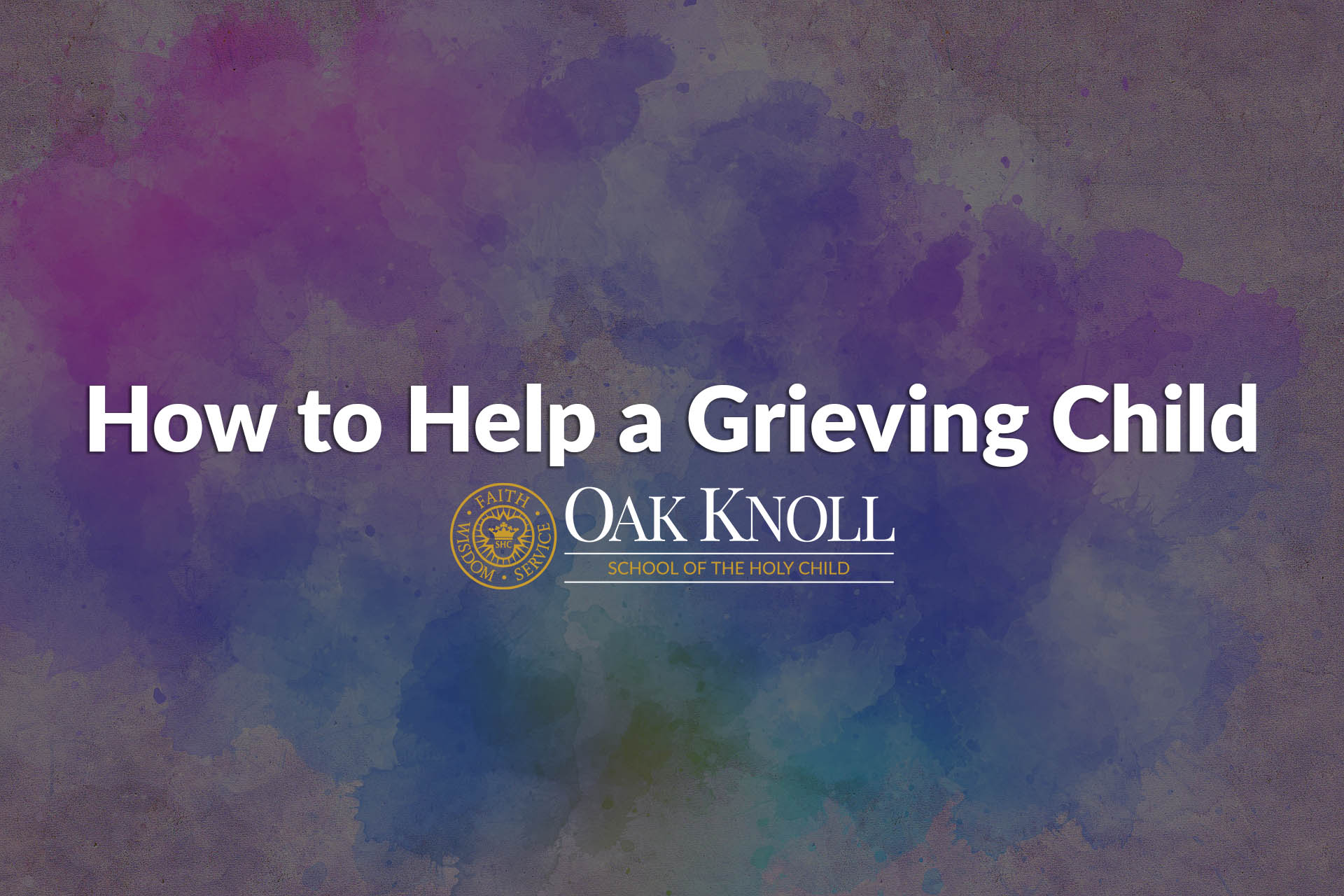As parents and educators, our focus is to protect children, to shield them from distress and to create environments that foster their growth and development. While we usually manage to navigate the day-to-day situations and stressors that children face without too much difficulty, we are often at loss when faced with having to talk to children about death. How much do we tell them? Will they be able to understand? Will they get too upset? What if they show no emotion? When do we seek outside support?
Adriana B. Dunn, Ph.D. & Laura K. Palmer, Ph.D.
Laura Palmer, PhD, MSCP, ABPP is a board certified psychologist with over 35 years of experience in clinical work, research, consulting and training in pediatric, adolescent, and adult psychology and neuropsychology. She has clinical and teaching experience across a variety of settings including hospital, school and private practice. She has been involved in the training of Doctoral level Counseling Psychology students for the past 20 years.
To find out more about their Madison, New Jersey practice, visit: http://drlaurapalmer.org/.
Recent Posts
How to Help a Grieving Child
Topics: parenting, student advice, wellness, social and emotional learning, building confidence, mental health




